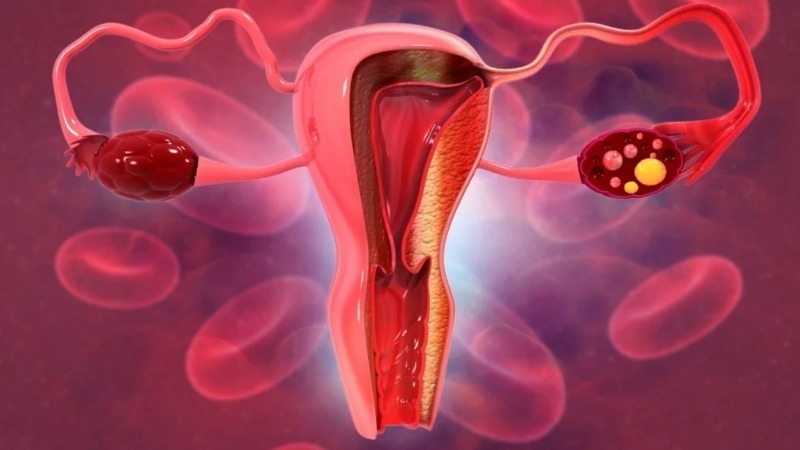🩺 Let’s talk prevention, awareness, and early detection. Your health matters!
Cervical cancer is a type of cancer that occurs in the cells of the cervix, which is the lower part of the uterus connecting to the vagina. Most cervical cancers are caused by the human papillomavirus (HPV), a sexually transmitted infection. Here’s an overview of cervical cancer, how it develops, and common symptoms:
Causes and Development:
- HPV Infection:
- The primary cause of cervical cancer is persistent infection with high-risk types of HPV, particularly HPV 16 and 18. HPV is a common virus transmitted through sexual contact.
- Cellular Changes:
- Persistent infection with high-risk HPV can lead to changes in the cells of the cervix. Over time, these changes may progress to precancerous lesions and, if left untreated, can develop into cervical cancer.
- Risk Factors:
- Other factors that may increase the risk of cervical cancer include a weakened immune system, smoking, long-term use of birth control pills, and a family history of cervical cancer.
Symptoms:
- Abnormal Vaginal Bleeding:
- Unusual bleeding between periods, after intercourse, or after menopause can be a symptom of cervical cancer.
- Pelvic Pain:
- Persistent pain or discomfort in the pelvis may occur as the cancer progresses.
- Pain During Intercourse:
- Pain or discomfort during sexual intercourse can be a symptom, especially if it is not typical for the individual.
- Unexplained Weight Loss:
- Sudden and unexplained weight loss can be a sign of advanced cervical cancer.
- Fatigue:
- Ongoing fatigue that doesn’t improve with rest can be associated with advanced stages of the disease.
- Changes in Bowel or Bladder Habits:
- Advanced cervical cancer may cause changes in bowel or bladder habits.
Prevention and Detection:
- HPV Vaccination:
- HPV vaccines can prevent infection with the types of HPV that most commonly cause cervical cancer.
- Regular Pap Smears:
- Regular Pap smears or Pap tests, along with HPV testing, are essential for early detection of precancerous changes or cervical cancer.
Cervical cancer is highly preventable and, when detected early, is often treatable. Regular screenings, vaccination, and safe sexual practices play crucial roles in prevention and early detection. Women are encouraged to discuss their risk factors and screening schedules with their healthcare providers.


Leave a Reply
Want to join the discussion?Feel free to contribute!